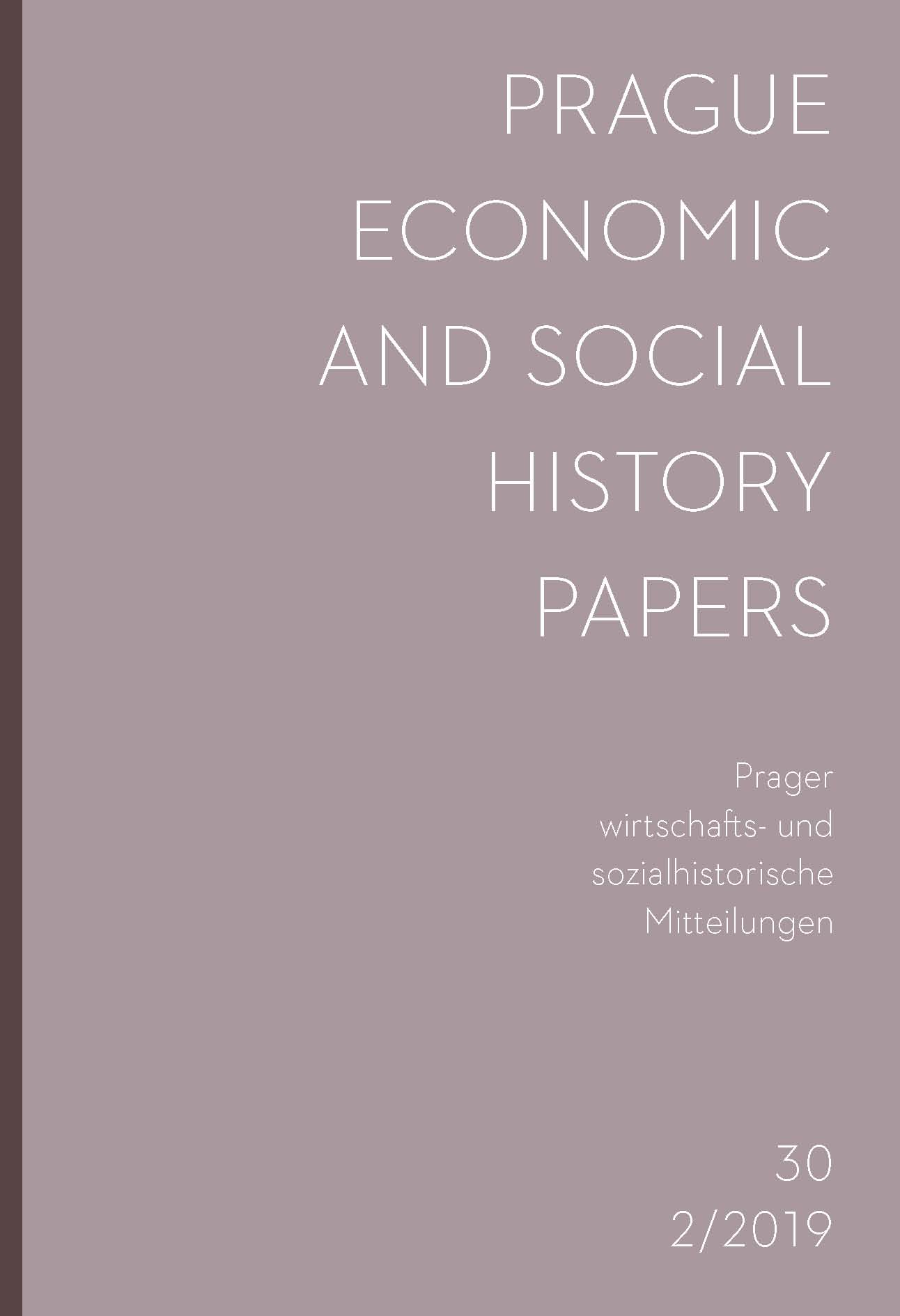Tomáš Garrigue Masaryk und die deutsch-tschechischen Beziehungen:
Tomáš Garrigue Masaryk and Czech-German relations:
Notes on an Old Topic
Author(s): Jakub RákosníkSubject(s): History of ideas, 19th Century, Interwar Period (1920 - 1939)
Published by: Univerzita Karlova v Praze - Filozofická fakulta, Vydavatelství
Keywords: Czechoslovakia; Interwar Period; Nationalism; T. G. Masaryk; Germans
Summary/Abstract: Masaryk’s attitudes changed during his life. At the same time, however, it is also possible to observe certain constants of his thinking and political attitudes on this issue. The interpretive perspectives in historiography are very different: on the one hand, there is the view that the Czech nationalist was betraying the declared humanist ideals; on the other hand, he is portrayed as an scholar exalted above nationalist animosities. It must be acknowledged that he was not always completely coherent in his attitudes and changed accents depending on political circumstances throughout his life. To emphasize these differences, Masaryk’s life is divided into three phases. As a pre-war politician, he understood Czech historical state law as a fact in which he tried to propose a compromise solution for the coexistence of both nationalities based on a high degree of district self-government, which he did not owe to any of the unmatched national camps. During the war, his arguments were dominated by international aspects and the formation of Czechoslovakia as a nation state with the status of the Germans as a minority with equal individual rights. The third part about Masaryk as an interwar president deals mainly with the reasons for the failure to build a «political» nation that would overlap ethnic differences.
Journal: Prague Economic and Social History Papers
- Issue Year: 2019
- Issue No: 2 (30)
- Page Range: 42-51
- Page Count: 10
- Language: German

